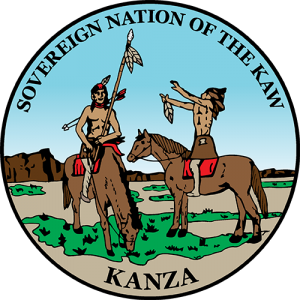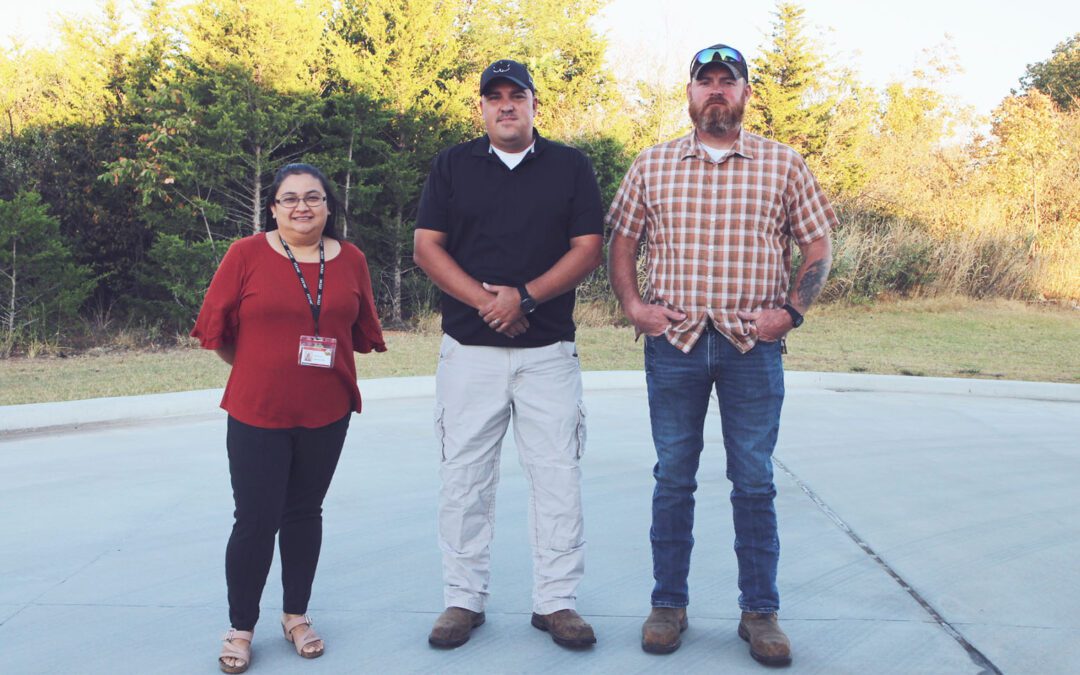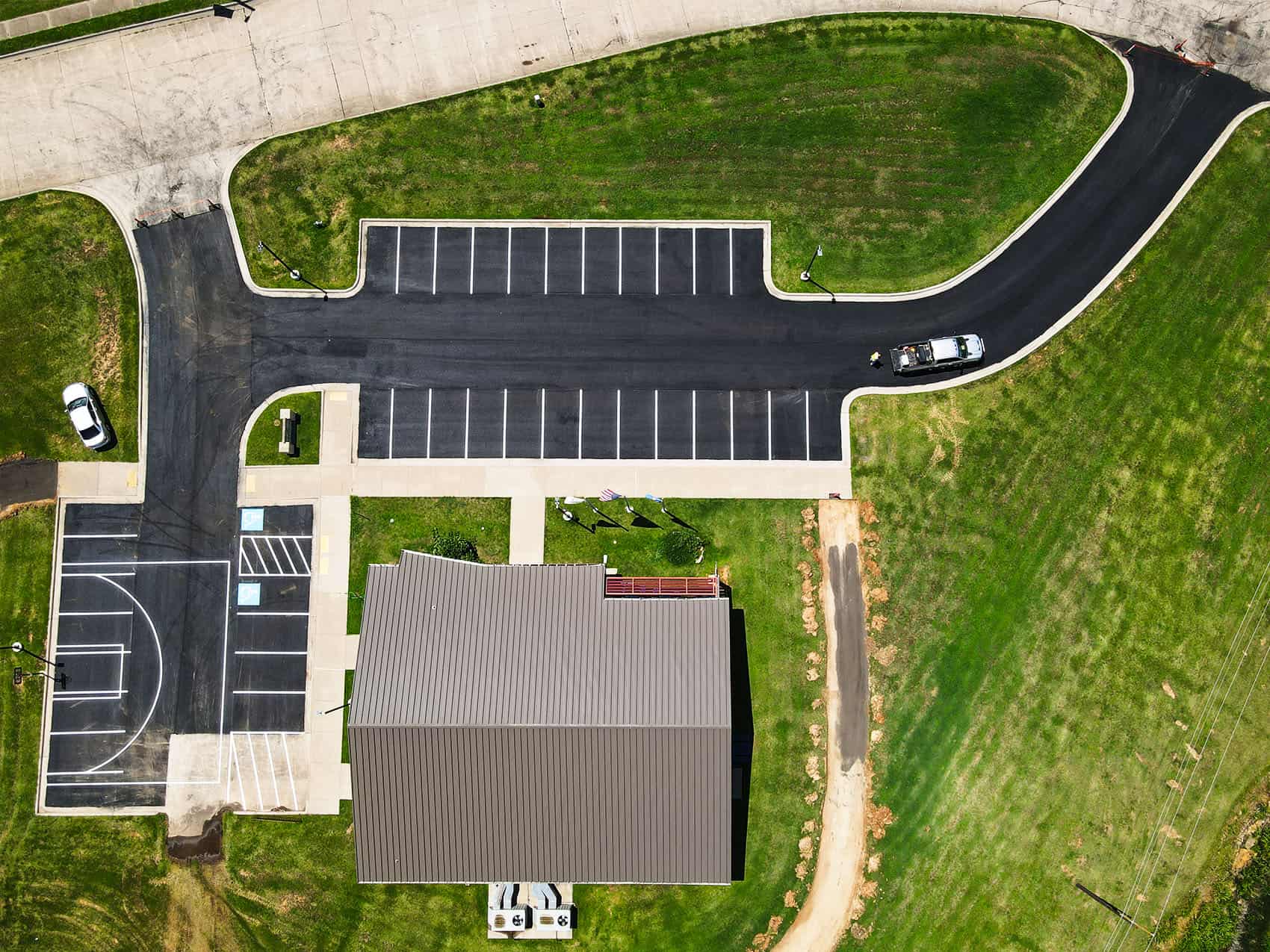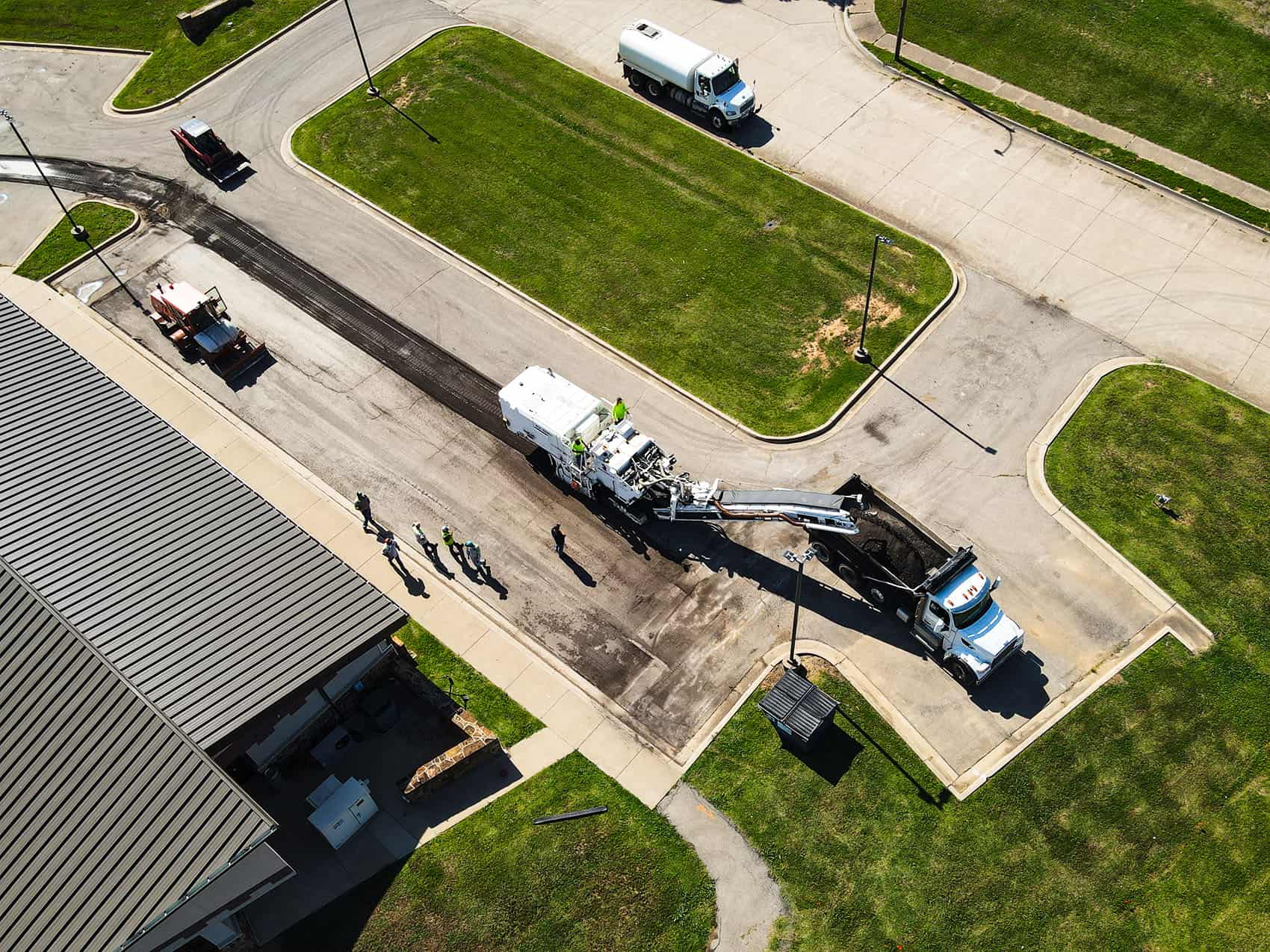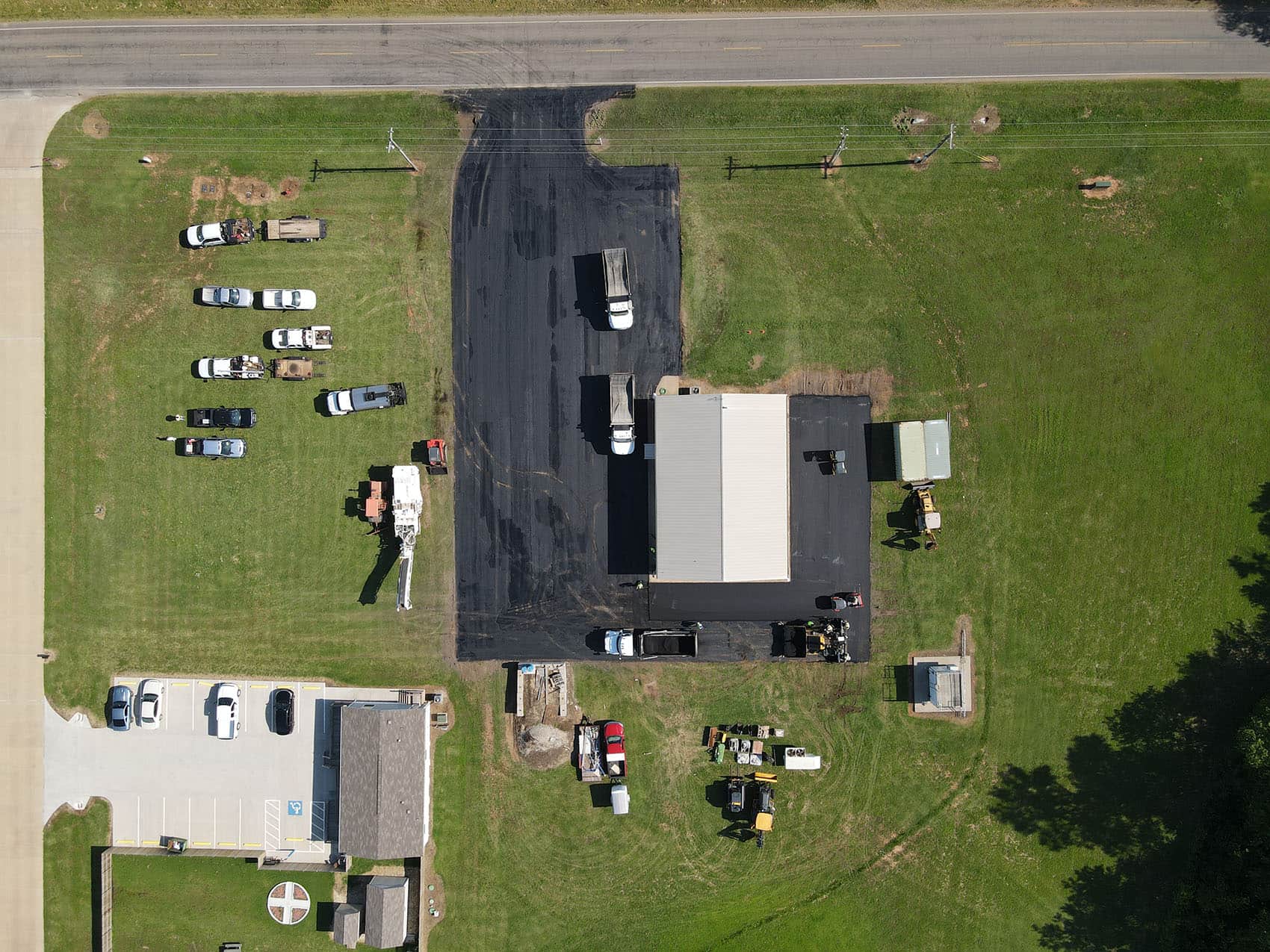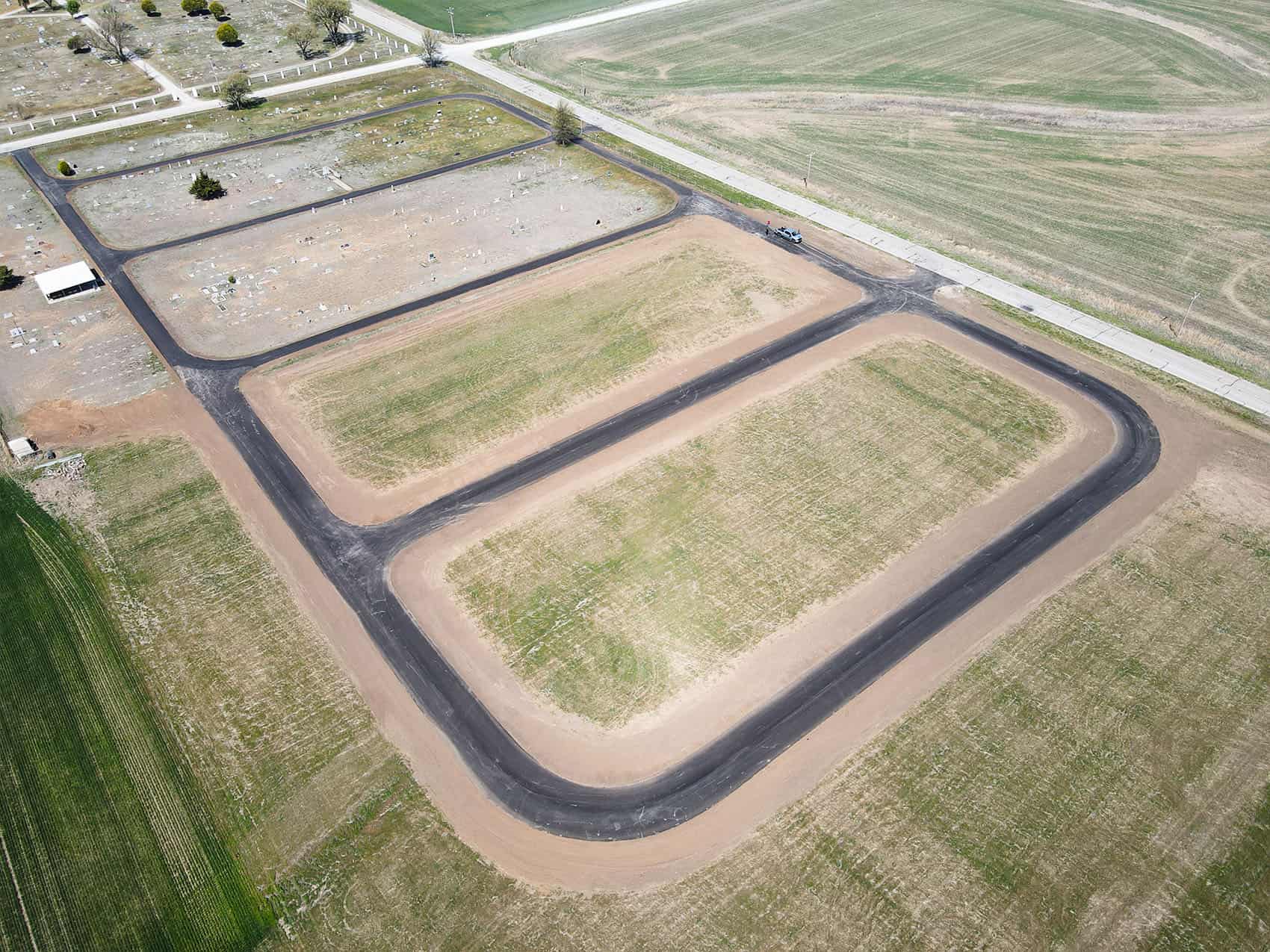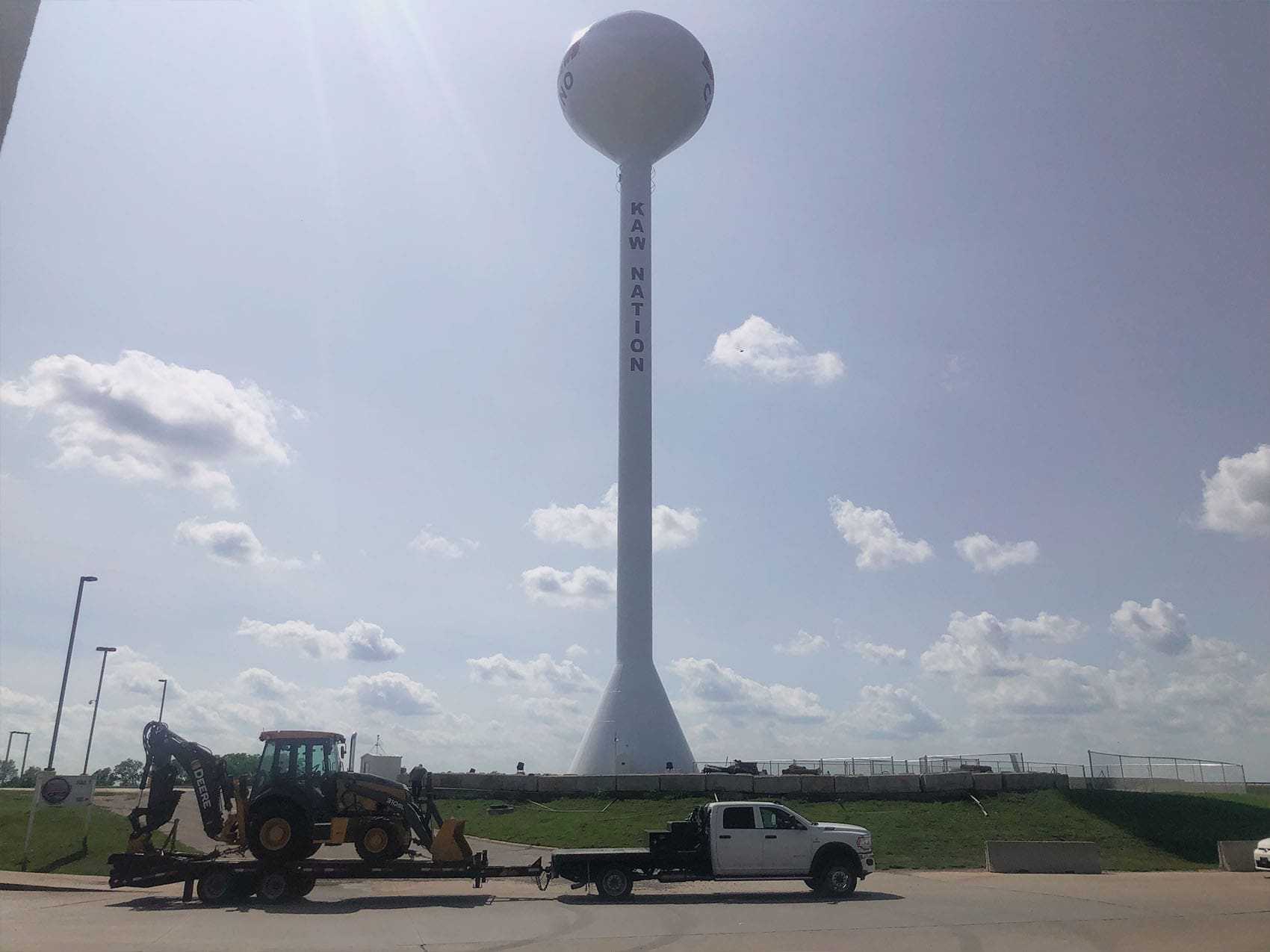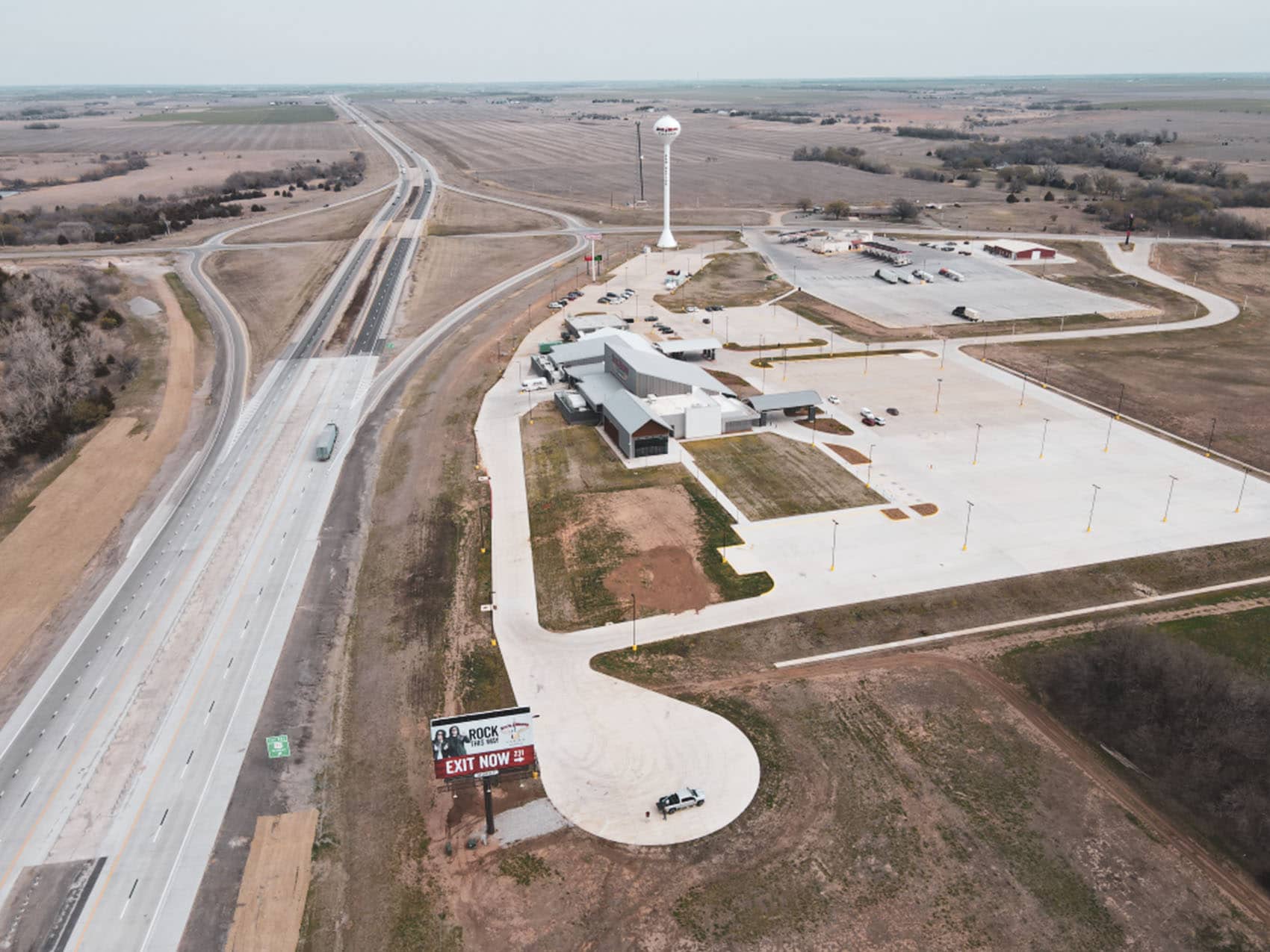Established in 1990, the Kaw Nation Transportation Department (KNTD) has been dedicated to ensuring safe and convenient public access within the Kaw Nation’s boundaries and tribal statistical area. The department’s objectives include considering public access in the context of new development, aligning with and complementing area-wide transportation systems, fostering economic development for the Kaw Nation, and integrating the preservation and enhancement of cultural and environmental resources.
Under the capable leadership of Director Skyler Matthews, the KNTD has achieved commendable milestones, successfully completing over upwards of projects since 2019. These projects encompass a diverse range, including a dozen bridge initiatives, eight road and trail projects, thirteen public access and lot developments, and several new construction/special projects.
Collaboration plays a pivotal role in KNTD’s success, as evidenced by its close partnership with the Bureau of Indian Affairs (BIA) Southern Plains offices. This collaboration aims to advance tribal transportation and road improvement programs that pertain to Kaw Nation surrounding areas and lands in trust.
By working hand in hand with relevant authorities, KNTD ensures that transportation initiatives are not only effective but also aligned with broader regional goals.
Looking ahead, the KNTD is actively engaged in shaping the future through ongoing initiatives. The Tribal Infrastructure and Safety Plans for 2024-2028 underscore the department’s commitment to modernizing and enhancing existing bodies of work. Simultaneously, the Long Range Transportation Plan for 2024-2044 signifies a forward-looking approach to strategically plan for the future, aligning transportation goals with the evolving needs of the Kaw Nation.
Kaw Nation Transportation Department stands as a proactive force in ensuring safe and accessible transportation infrastructure. Through collaborative efforts, diverse project implementations, and forward-thinking planning, KNTD continues to contribute significantly to the economic development and cultural preservation of the Kaw Nation.
